Babylonian Astronomers
Scientists uncover the lost astronomical calculations of the Babylonians.


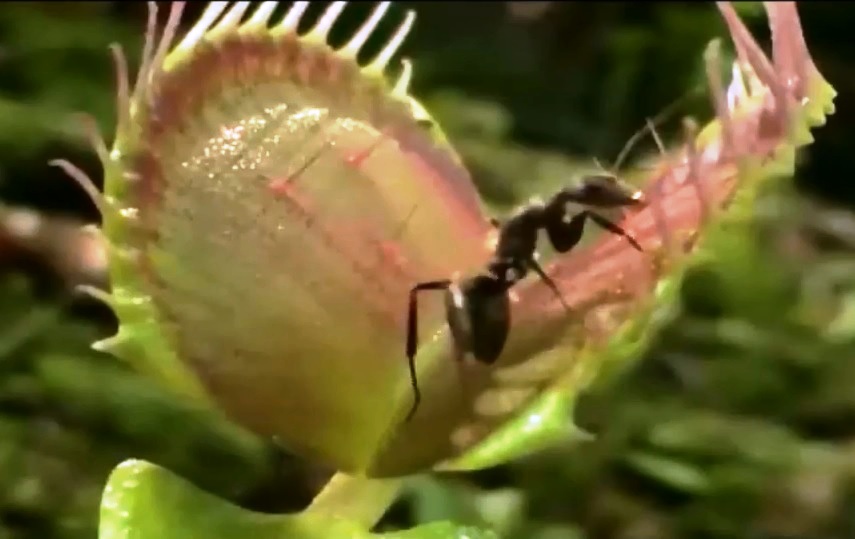
The carnivorous Venus flytrap avoids wasting energy digesting non-food items it traps by accident with a bit of math.
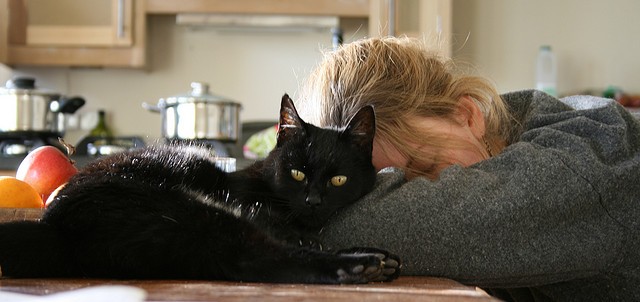
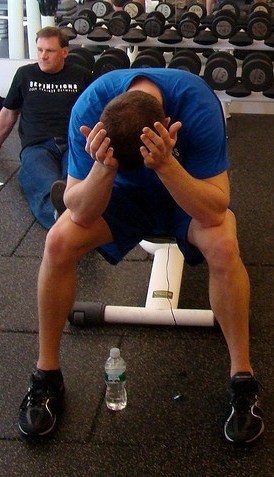
Intense exercisers may burn no more calories per day than people who don’t exercise regularly.

Snowshoe hares can’t help turning white in winter, even though climate change is delaying the first snowfall, making them easy prey.
Studying how rats respond to the same cues that encourage people to make unwise bets could lead to better treatments for problem gambling.
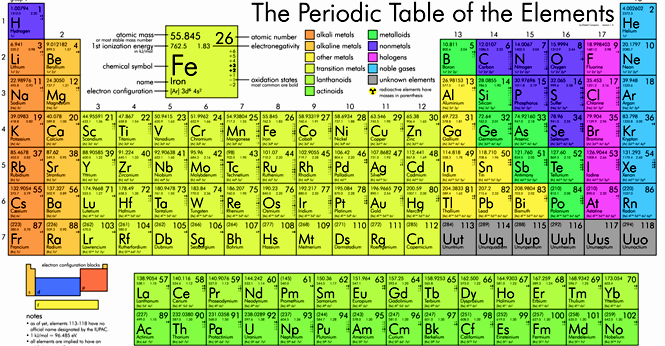
The discovery of four new short-lived elements may be bringing scientists closer to creating new heavy elements with staying power.
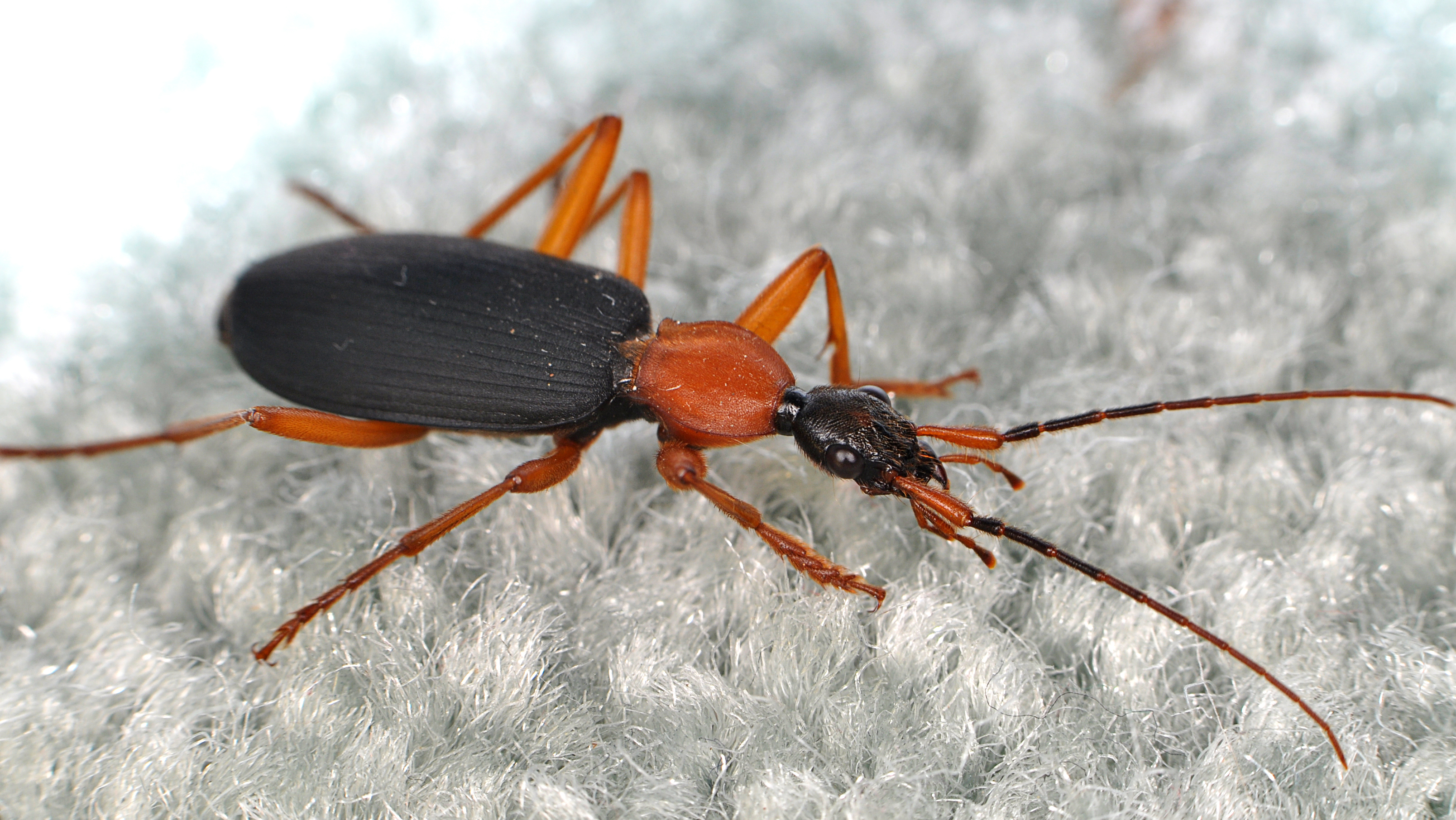
Researchers attempt to inventory all of the insects and other creepy crawlies in people’s homes for the first time.
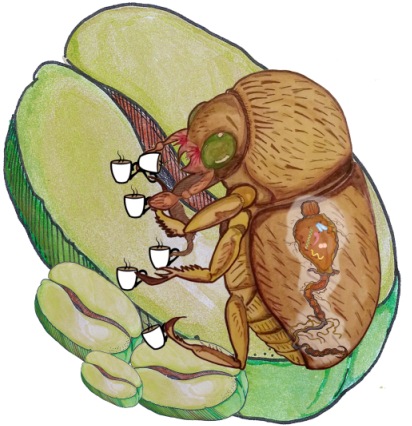
A major coffee pest consumes otherwise lethal doses of caffeine with help from a few of its friends.

Baby teeth fall out eventually. But that doesn't mean cavities in baby teeth should be ignored.

Engineers demonstrate a new way to harvest the wasted energy of an incandescent light bulb.

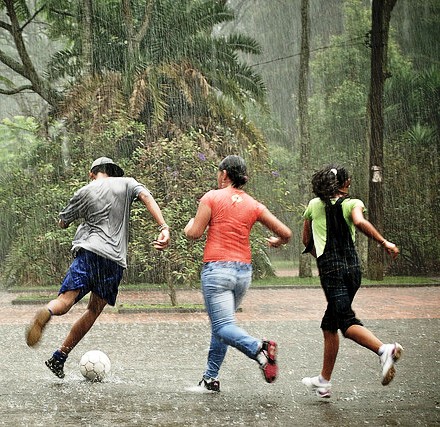
Enlisting the help of influential students to reduce bullying and other conflict in schools.
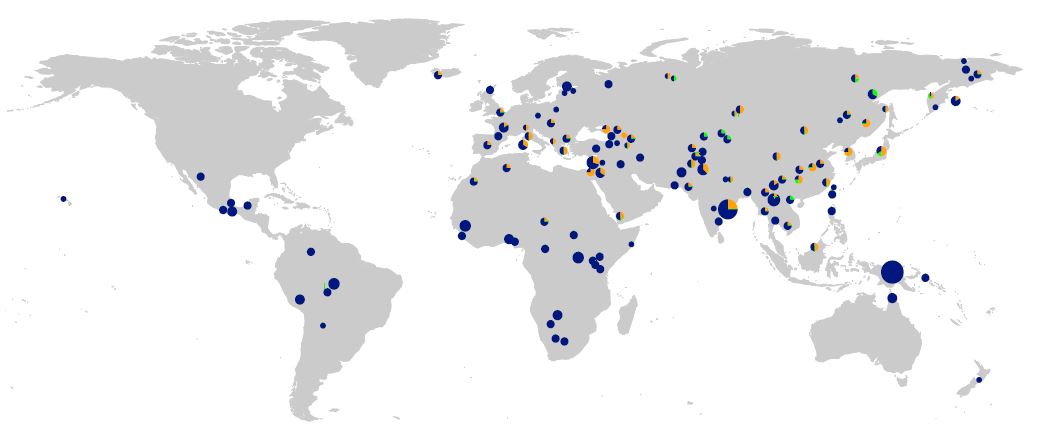
A project that restores sight to blind people in India is highlighting the resiliency of the human brain.
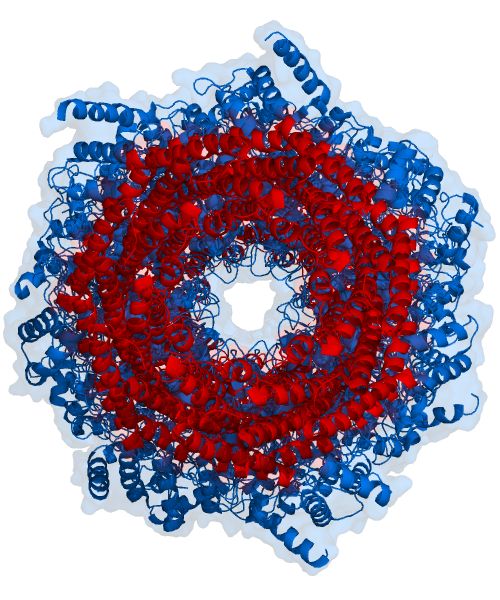
Slowing Alzheimer’s disease by cleansing the brain of toxic proteins; also, new findings on a sweet-tooth hormone.

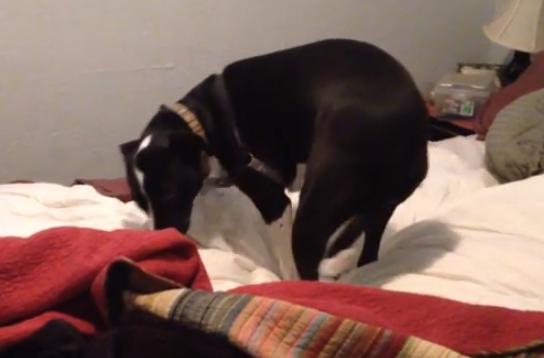
A high-tech injectable drug delivery system will allow patients to control their pain relief with near-infrared light.
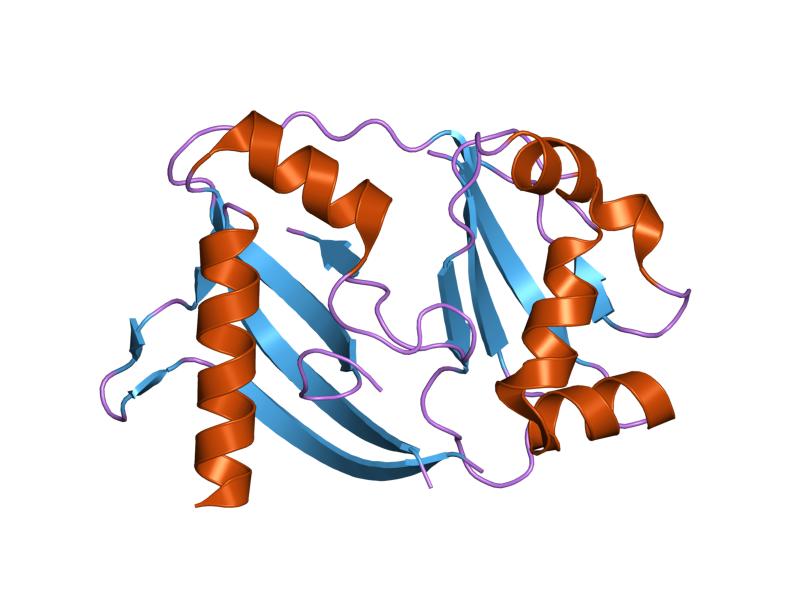
The top Science Breakthrough of the Year: A low-cost genetic engineering technique is creating both excitement and concern.

Science Breakthroughs of 2015: Kennewick Man’s 8,500-year-old bones are finally sequenced, revealing his genetic ancestry.
